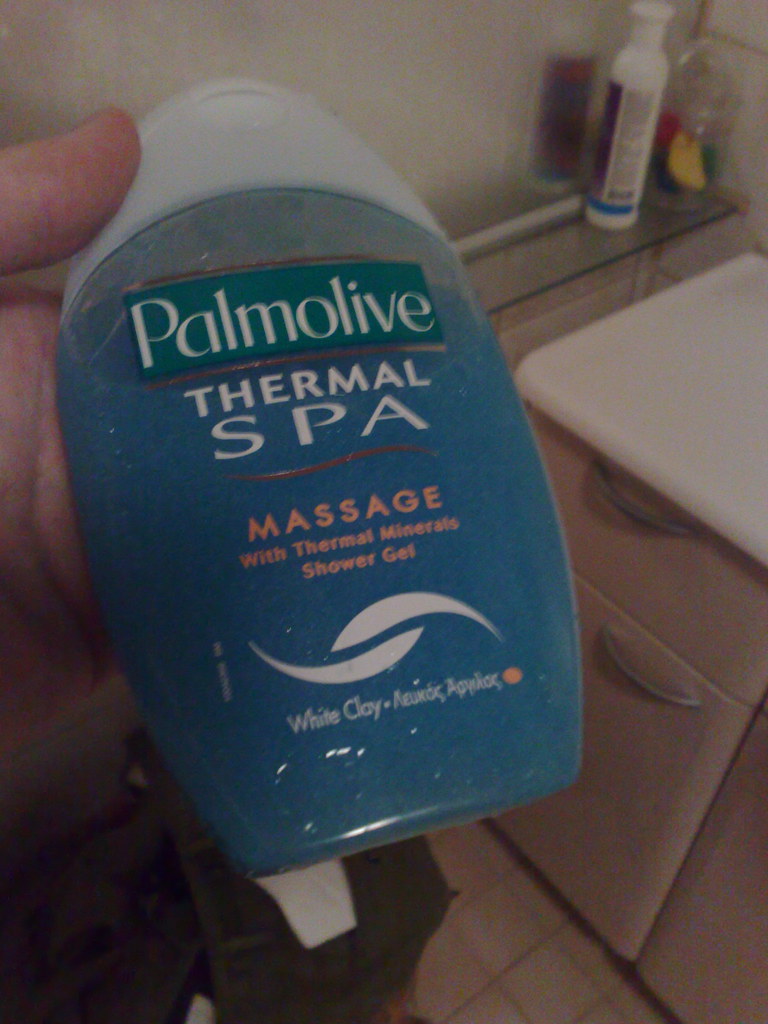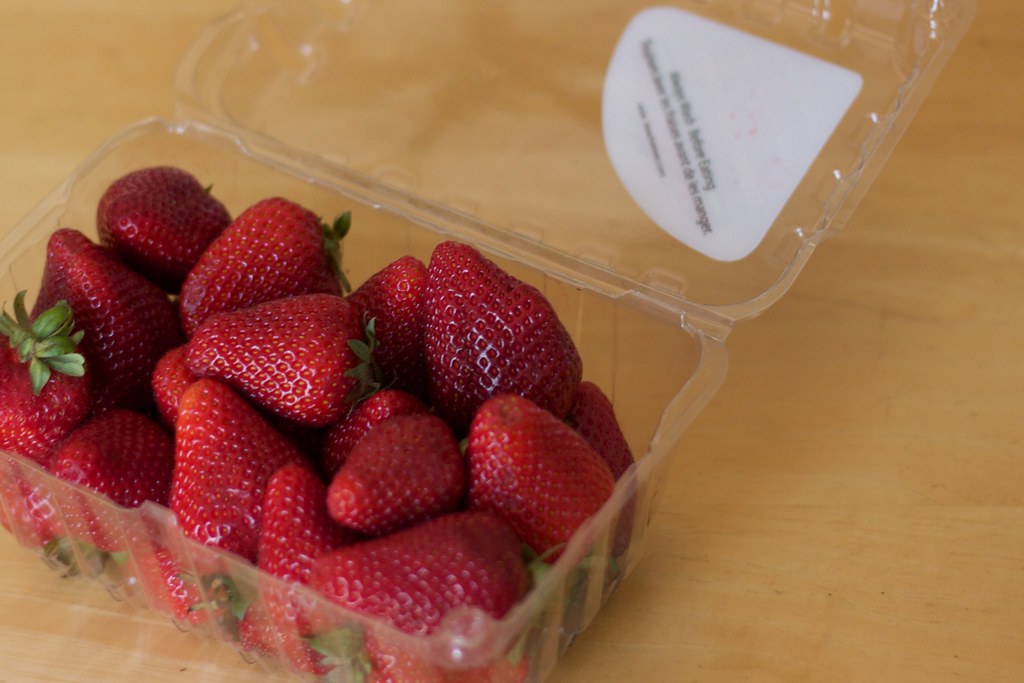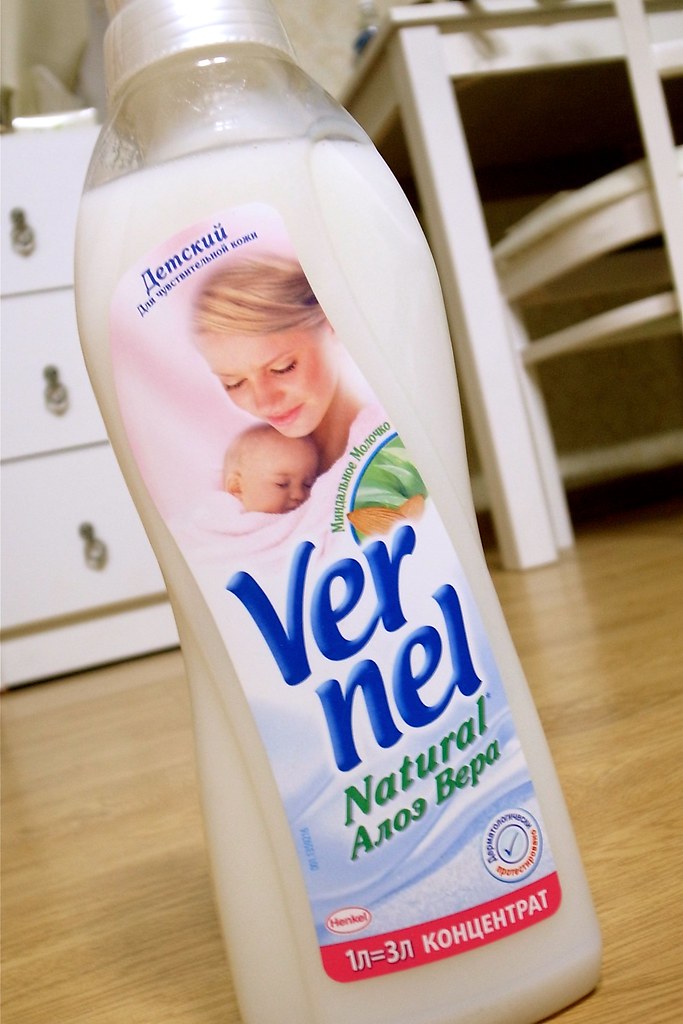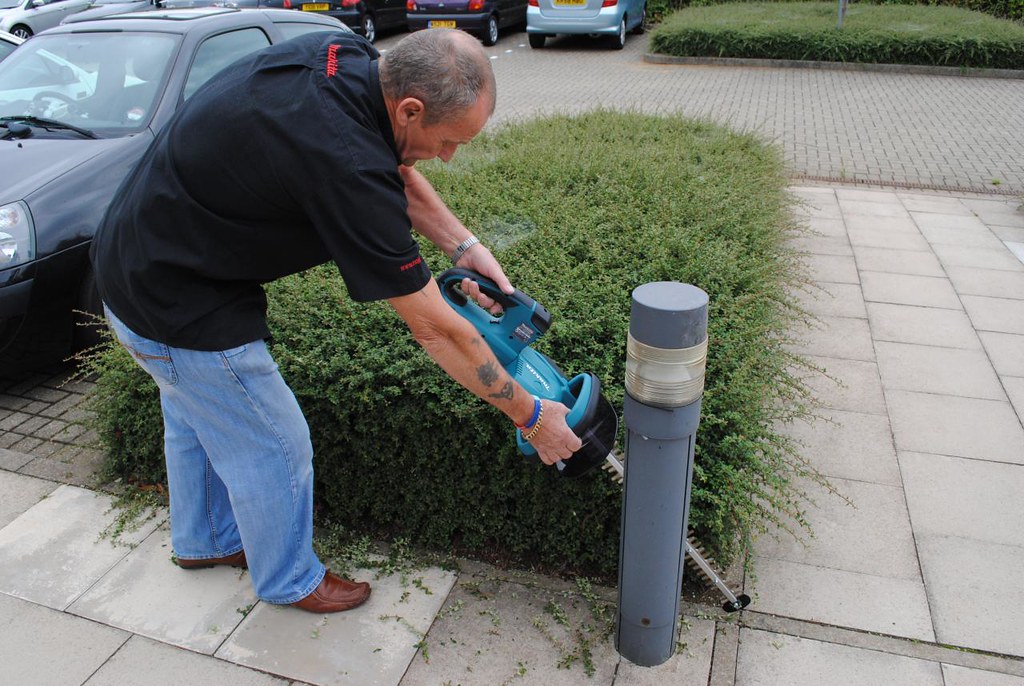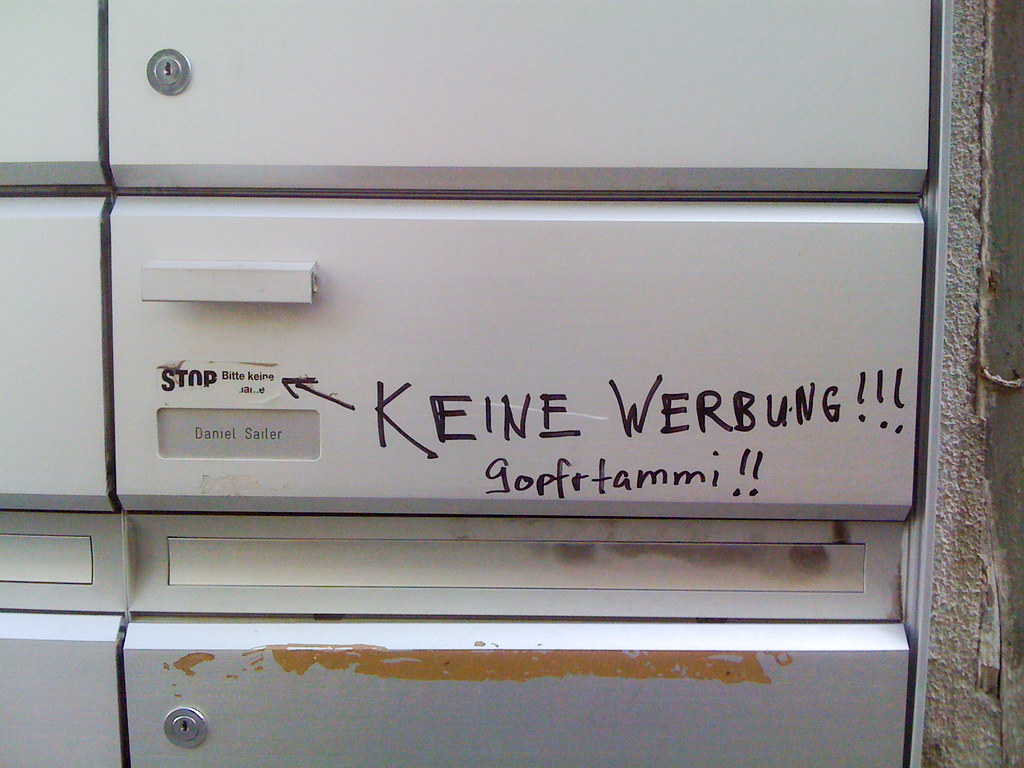For many people, the New Year begins with good resolutions: for a while, we dispense with unnecessary snacking, fatty foods or alcohol in order to improve their health and well-being. However, it can be just as wise to have your diet in the trash for a few weeks.
Look for things that you can do without for a while, for the good of your health and the environment. Because in order to live healthier and more sustainably, you usually don’t need to make a drastic lifestyle change. You just have to “consume” less waste. What is doable for you in this regard in everyday life, you can quickly transpose to waste. Here you will find some concrete examples:
10 THINGS YOU SHOULD BE HAPPENING TO YOURSELF
1. Microplastics
Microplastics are everywhere. They are found in the Arctic, on the seabed and in cells of the human body. Reason enough to choose microplastic-free products from time to time when shopping, whether it’s clothing or personal care products.
You can easily tell if a product contains microplastics through smartphone apps like Code Check or Beat The Microbead, where you just need to scan the product.
2. Toilet paper made from virgin fibers
Rough, gray and permeable, recycled toilet paper has nothing to do with it these days. Nevertheless, there is an increasing consumption of toilet paper made from virgin fibers. It is absolutely necessary to avoid that!
3. Organic waste bags
“Biodegradable” does not necessarily mean “environmentally friendly”. Organic plastic organic waste bags are therefore misleading packaging. Paper bags, which are often made from virgin fibers, are no better. The best thing to do is to wrap your organic waste in newspaper.
4. Cheap meat
A little less meat, but of better quality: this way, your health and the welfare of the animals will be all the better.
5. Coffee in capsules
Fortunately, it is already somewhat dated. All the more reason to avoid aluminum capsules, which are harmful to the environment.
6. Non-seasonal fruits and vegetables
It’s not just in winter that many of the fruits and vegetables in the supermarket come from distant lands, where they are harvested unripe and then have to be refrigerated for weeks. Bring variety to your menu and orient yourself towards seasonal foods!
7. Aluminum foil
The production of aluminum foil is extremely harmful to the environment. Therefore, limit its use to what is strictly necessary. Screw jars, oilcloth, and storage boxes are often viable alternatives.
8. Fabric softener
Some people hate it, others love it: fabric softener. Besides the fact that there are very practical reasons for doing without fabric softener, it is worth using this additive sparingly.
9. Non-essential electrical appliances
Whether it’s a waffle iron, drill, or hedge trimmer, almost everyone has electrical appliances in their home that they almost never use. Before you buy large items on impulse, you need to realistically assess how often you will need them later. Garden tools and large tools in particular can often be borrowed from DIY stores.
10. Advertising
A small “no ads” sticker on the mailbox can have a big effect. If enough people participate, there will be less unwanted publicity. And this pays off for the environment: per sticker, 20 kilos of wood, 24,750 liters of water and 92 kWh of electricity would be saved per year.
A diet for your trash allows you to live more environmentally friendly without having to disrupt your daily life. If everyone changes their behavior a bit, we can do great things. Are you convinced?
For more articles on sustainability, shopping and healthy lifestyles, click here:
Source: utopia
Cover images: ©flickr / Mace Ojala ©flickr / Jo Zimny Photos
